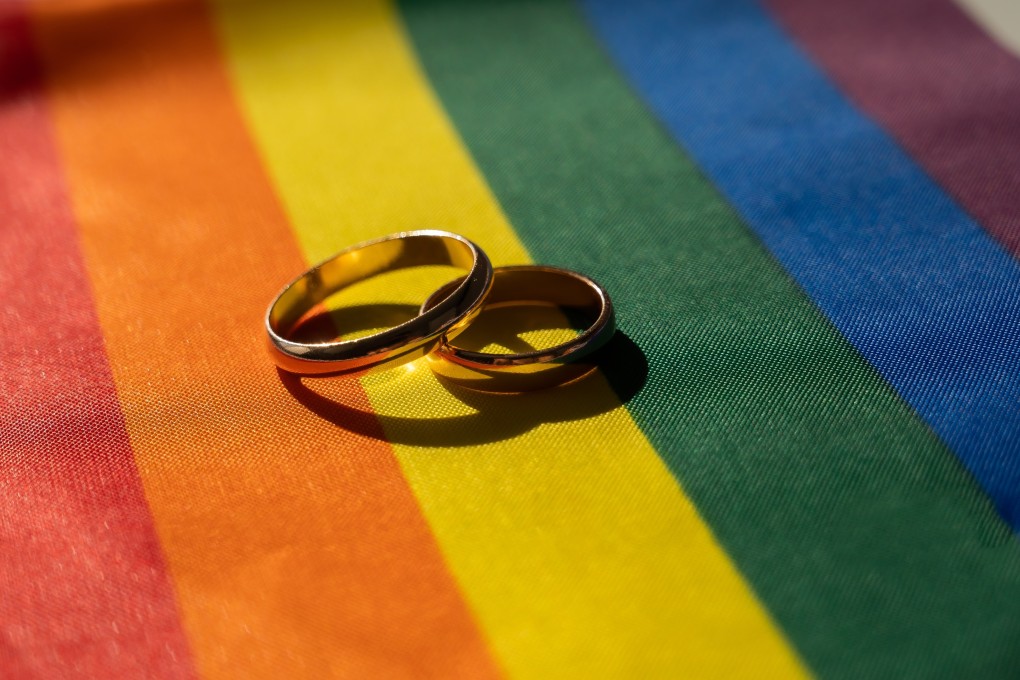Advertisement
Letters | Marriage equality is clearly the best choice for Hong Kong
- Readers discuss why the city must recognise same-sex marriage, how this would send the right message about Hong Kong to the world, and shrinking student numbers in schools
Reading Time:3 minutes
Why you can trust SCMP
2

Feel strongly about these letters, or any other aspects of the news? Share your views by emailing us your Letter to the Editor at [email protected] or filling in this Google form. Submissions should not exceed 400 words, and must include your full name and address, plus a phone number for verification.
We couldn’t agree more with your editorial, “Hong Kong ruling on same-sex couples needs to be respected and applied” (September 8), which eloquently stated: “The government should not adopt a minimalist approach to the framework it must put in place, as this would be likely to lead to yet more legal challenges.”
The landmark decision sends a clear and strong message that same-sex couples deserve to live a dignified life, and their partnerships should be legally recognised and protected. The decision is also a boon to Hong Kong, as it promotes social cohesion and will attract global talent to work and live in the city.
Advertisement
There are numerous options the government can consider in establishing a legal framework for recognising same-sex partnerships, but there is only one that has proved workable.
There is an assumption that we’d have to create something from scratch. For example, people are perplexed by the idea of core rights. We agree with sceptics that the idea of a list of rights is problematic and would likely lead to more litigation. It is certainly not the best approach.
Advertisement
Next, there are people talking about civil unions or civil partnerships. In essence, it involves creating a separate system for same-sex couples.
Advertisement
Select Voice
Select Speed
1.00x